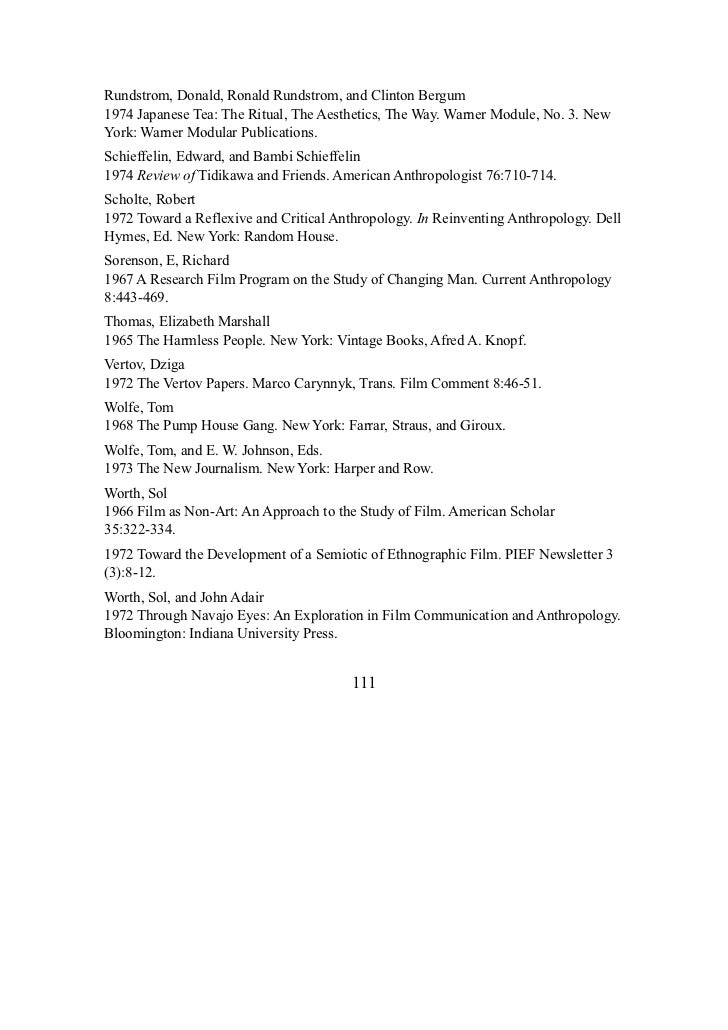The Pump House Gang Ebook
The New York Times >Books >'The Pump House Gang' and 'The Electric Kool-Aid Acid Test' NYTimes: - - - Site Search: >'The Pump House Gang' and 'The Electric Kool-Aid Acid Test' Reviewed by C. BRYAN Published: August 18, 1968 ARTICLE TOOLS Printer-Friendly Format THE PUMP HOUSE GANG By Tom Wolfe. THE ELECTRIC KOOL-AID ACID TEST By Tom Wolfe.

Starsat 2200 Hd Wifi. TIMES NEWS TRACKER Topics Alerts Track news that interests you. Om Wolfe's first book, 'The Kandy-Kolored Tangerine-Flake Streamline Baby' was a success when it was published in 1965, not so much because of what he said about publicity-seeking social climbers, stock-car racing drivers, teen-recording entrepreneurs and lonely divorcee mothers intimidated by the 'Nanny Mafia,' but how he said it. Wolfe's style of journalism was something new, entirely his own, as young and exuberant and frenzied as the period he was depicting.
In 1972, a young graduate student named Shirley Strum traveled to Kenya to study a troop of olive baboons (Papio anubis) nicknamed the Pumphouse Gang. Like our own ancestors, baboons had adapted to life on the African savannah, and Strum hoped that by observing baboon behavior, she could learn something. Responses to “Why Proton Pump Inhibitors Aren’t the Answer to Acid Reflux” Dave says on March 16th, 2014 at 7:25 pm: I already have have Barett’s, what. The Pump House Gang [Tom Wolfe] on Amazon.com. *FREE* shipping on qualifying offers. Describes the activities of a group of freak-out surfers and other personalities in the psychedelic life style in America and England.

He intimately knew and wrote about what was happening--not just now, but NOW!, with an explosion of asterisks, exclamation points, italics and puppyish enthusiasm. So what if occasionally he seemed almost to parody himself? When Wolfe was good, he was very, very good...but when he was bad he took on The New Yorker in a two-part article for Clay Felker's New York Sunday magazine supplement of The Herald-Tribune. And, oh God, the arteriosclerotic old boys, as Wolfe would call them, slapped his wrists right up to his epiglottis--not so much because his New Yorker article was filled with gross inaccuracies (which it was), but because he had been rude (which he had been). Now, Tom Wolfe has published two books the same day. Two books:::::---- heeeeeewack----The same day!!!!! Too-o-o-o-o-o-o freaking MUCH!
'The Pump House Gang,' like 'The Kandy-Kolored etcetera,' is a collection of short, intimately subjective pieces about publicity-seeking social climbers, California surfing entrepreneurs, motorcycle racers, lonely London socialites and Eastern businessmen intimidated by the Not Our Class, Dear, Mafia. Wolfe's style is a little more subdued. He is a little older, and a lot more compassionate. There is still a lingering rhetorical 'so what?'
That one asks oneself after reading some of the pieces, simply because, no matter how fresh a treatment an unrefreshing subject is given, one still remains bored. Teen-age California surfers are bores, really. Playboy's Hugh Hefner is a bore, really. The New York Hilton is a bore, really. Actress Natalie Wood is a--well, her taste in art is a bore, really.
And yet, Tom Wolfe manages somehow to imbue them all with a semblance of life, no matter how depressing they may seem. The best piece in this collection is 'Bob and Spike,' Wolfe's portrait of Robert and Ethel Scull. Superficially, it is a devastating caricature of New York society and its art world; actually, Wolfe has written a perceptive (and, at times, quite moving) story about two people in love with each other and Society. Wolfe, in his introduction, compared Hefner to Fitzgerald's Gatsby. Scull (a taxicab fleet owner cum Pop Art taste and Aristotelian ambitions) would have seemed the more striking comparison.
Although Wolfe points out that others might snigger at the Sculls' social aspirations, he does not. With a great deal of compassion he has skillfully drawn the portrait of an absolutely contemporary New York couple. So what if they're not entirely likable? They have moxie and style--and one ultimately feels the same sort of affection for them that one feels, say, for the New York Mets. Unfortunately, however, 'The Pump House Gang' isn't really much more than a remake, a 'Son of Kandy-Kolored.' It's good enough, but not in the same league as 'The Electric Kool-Aid Acid Test,' which is why I suppose he had it published on the same day, almost as if he, himself, looked upon it as a throwaway. 'The Electric Kool-Aid Acid Test' is an astonishing book.
It is to the hippie movement what Norman Mailer's 'The Armies of the Night' was to the Vietnam protest movement. Mailer was precisely the right author to capture the essence of those two days last October, when students, academic liberals, the intellectual New Left, the militants and nonmilitants and the marching mothers confronted the American Nazis, the Federal marshals and the United States Army on the steps of the Pentagon. Wolfe is precisely the right author to chronicle the transformation of Ken Kesey from respected author of 'And One Flew Over the Cuckoo's Nest' to an LSD enthusiast, to the messianic leader of a mystical band of Merry Pranksters, to a fugitive from the F.B. Maytag Dehumidifier Repair Manual here. I., California police and Mexican Federales. 'The Electric Kool-Aid Acid Test' is a celebration of psychedelia, of all its sounds and costumes, colors and fantasies. Wolfe, like Mailer, participates instead of merely reporting.